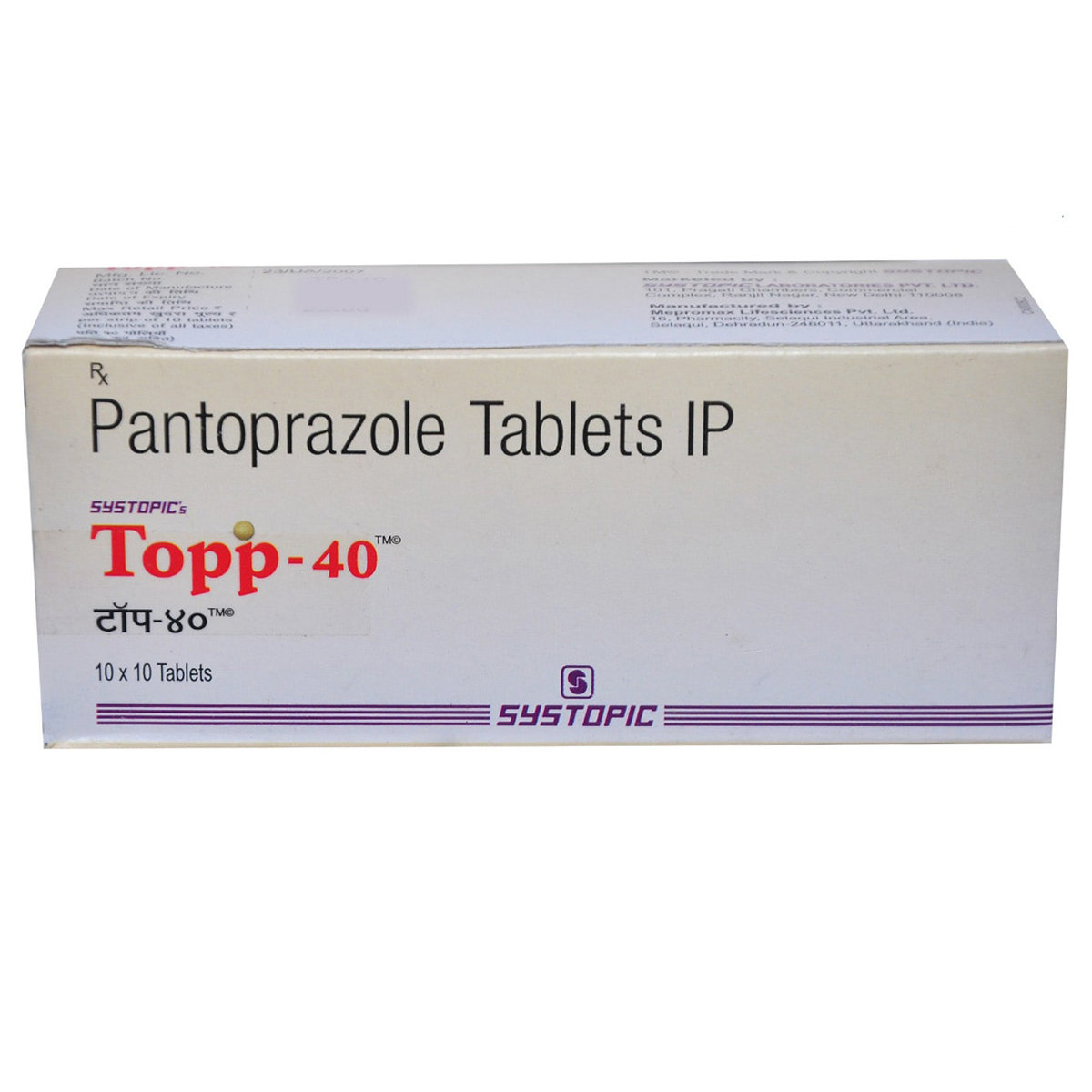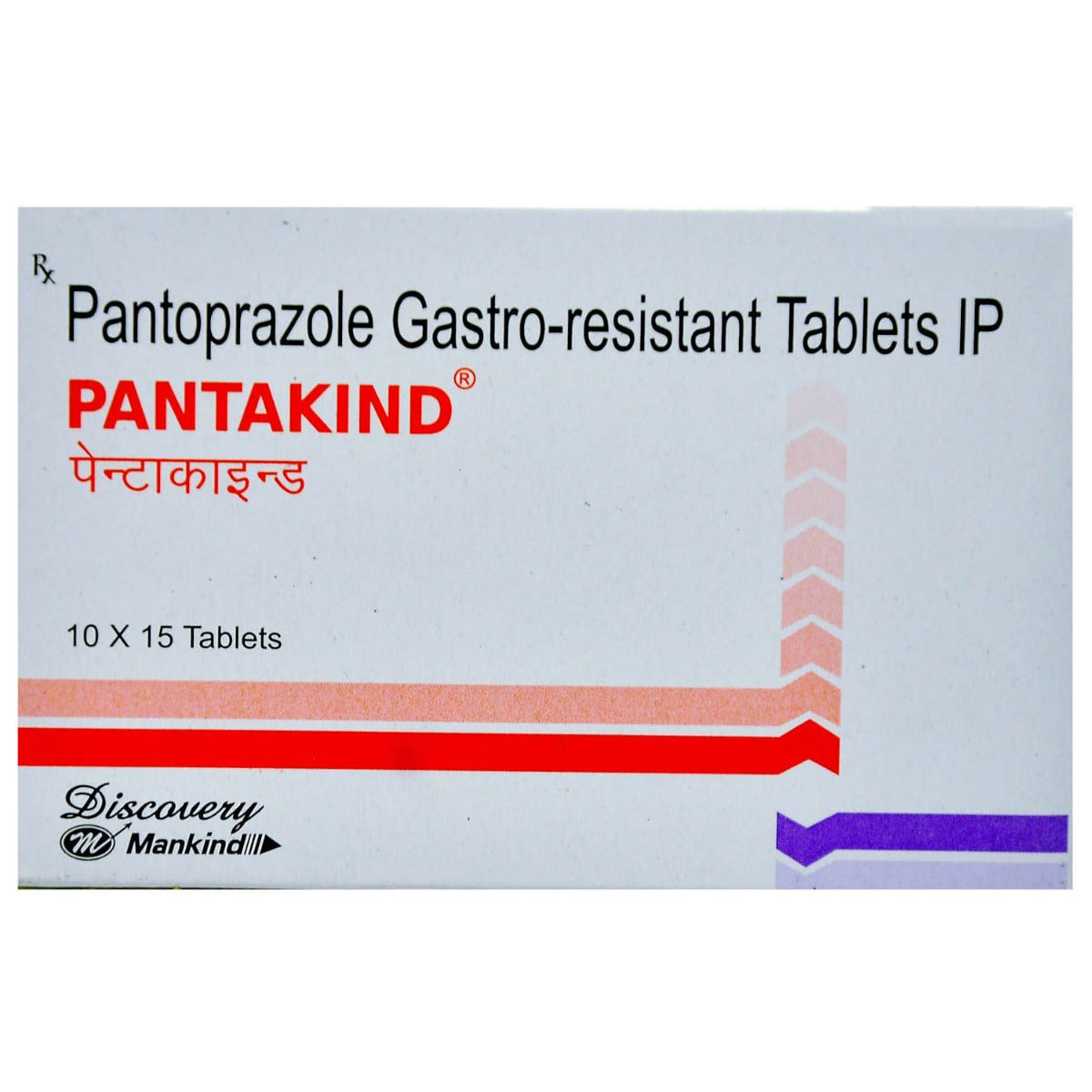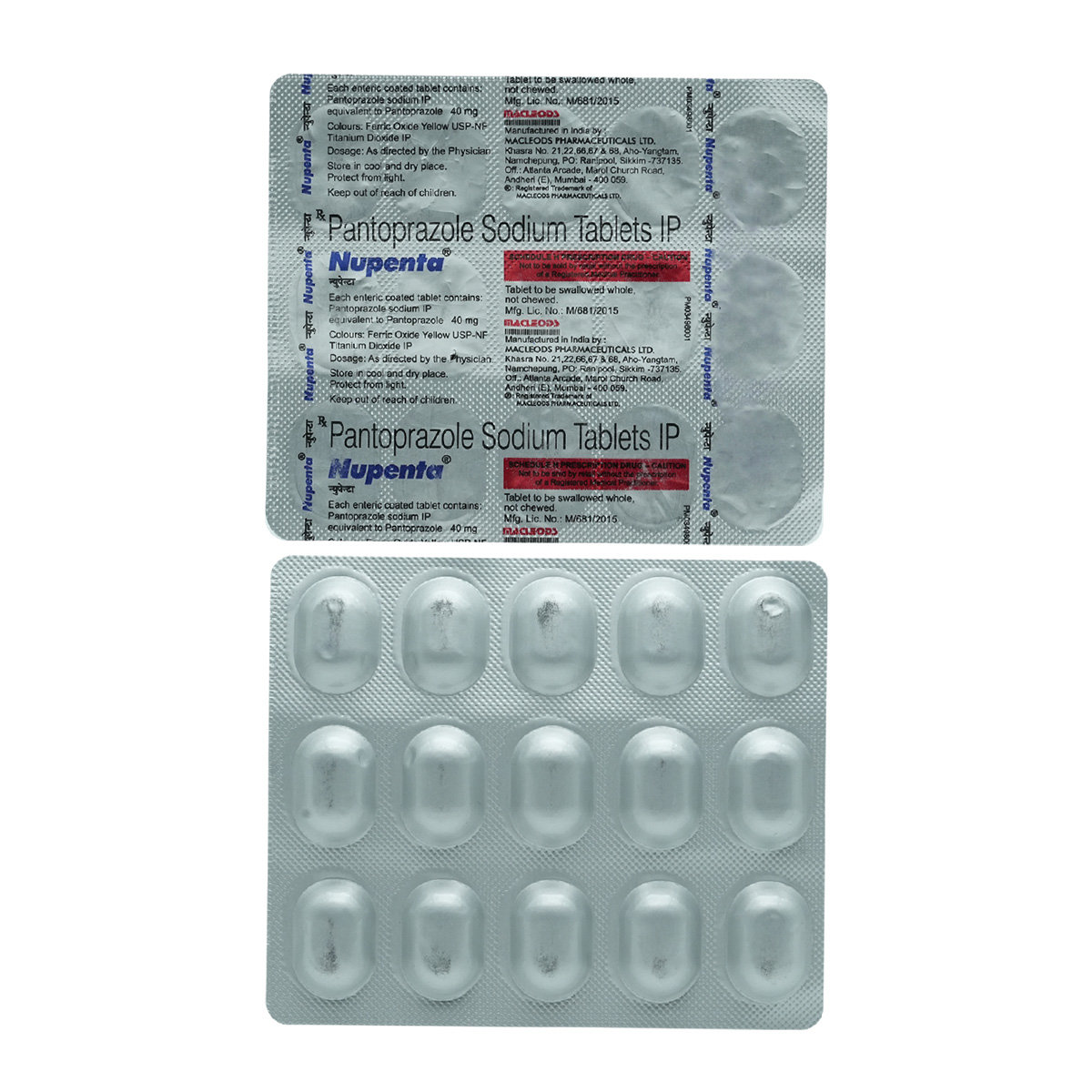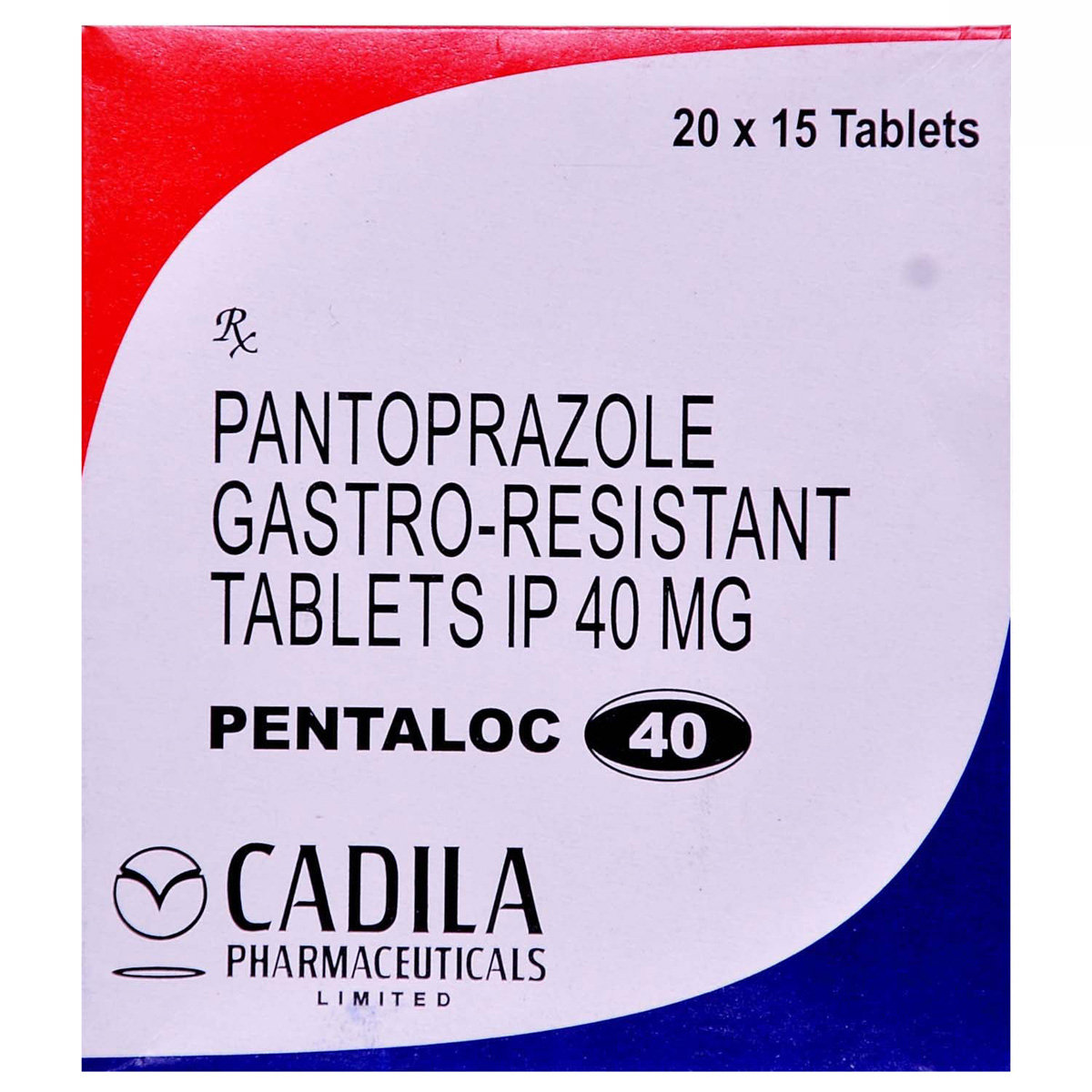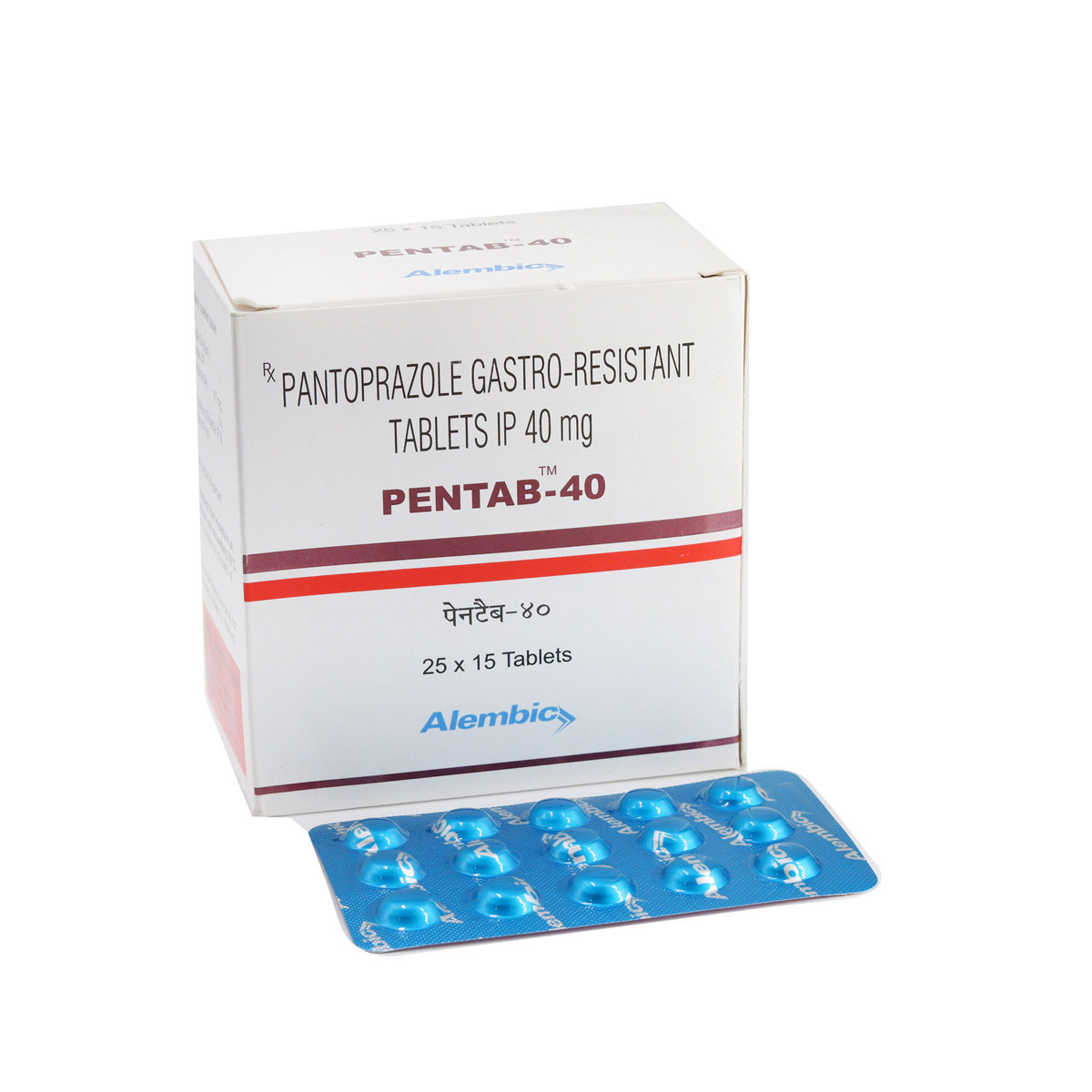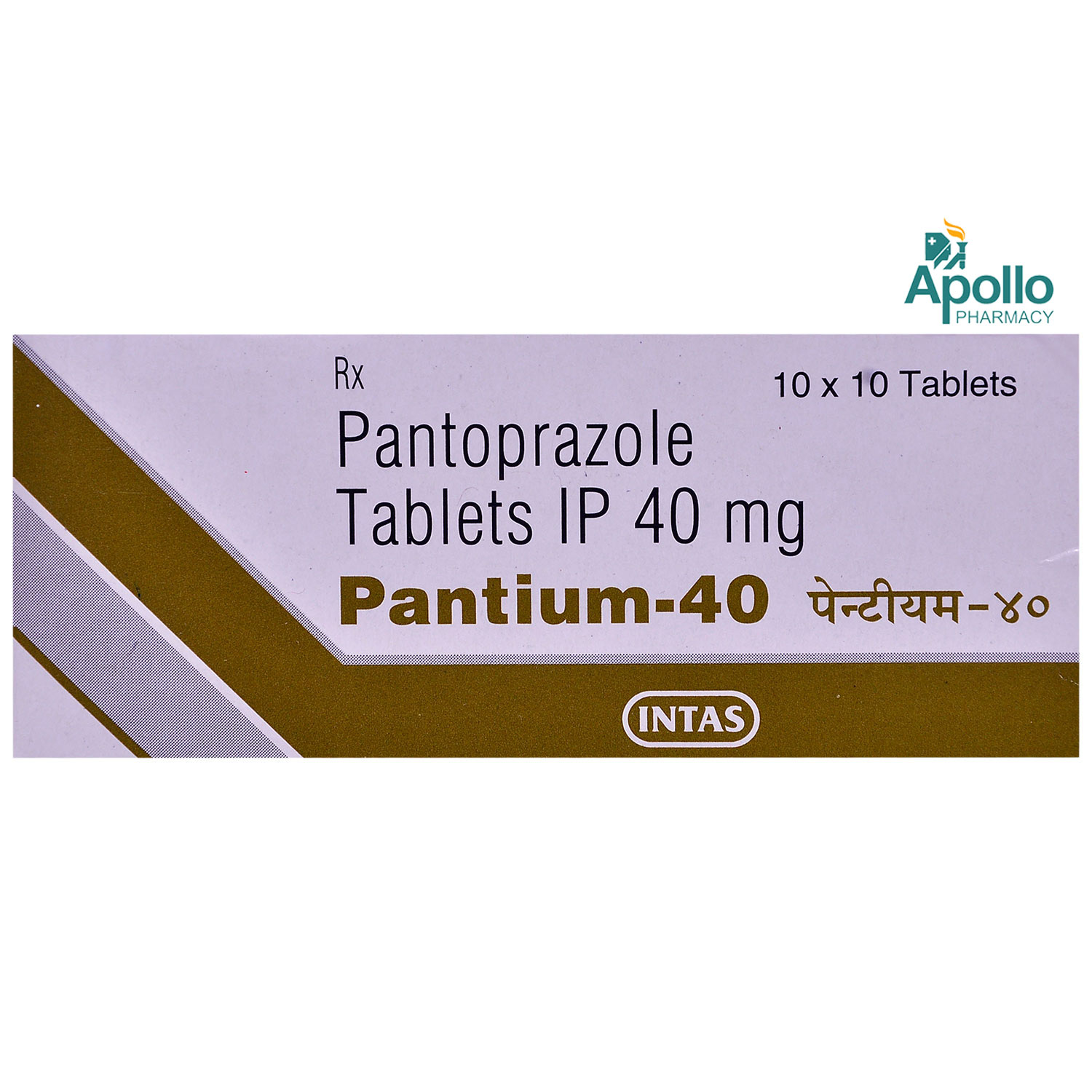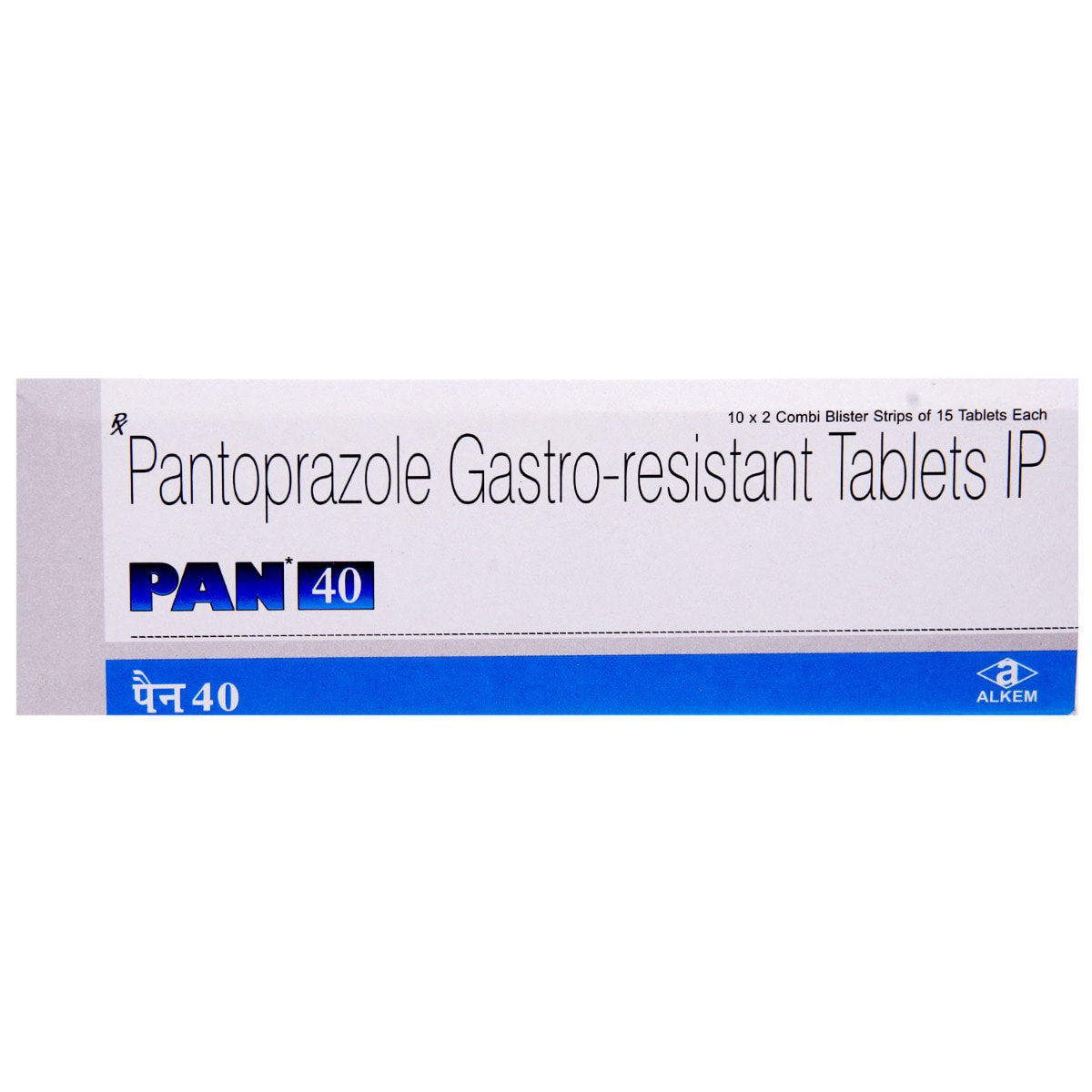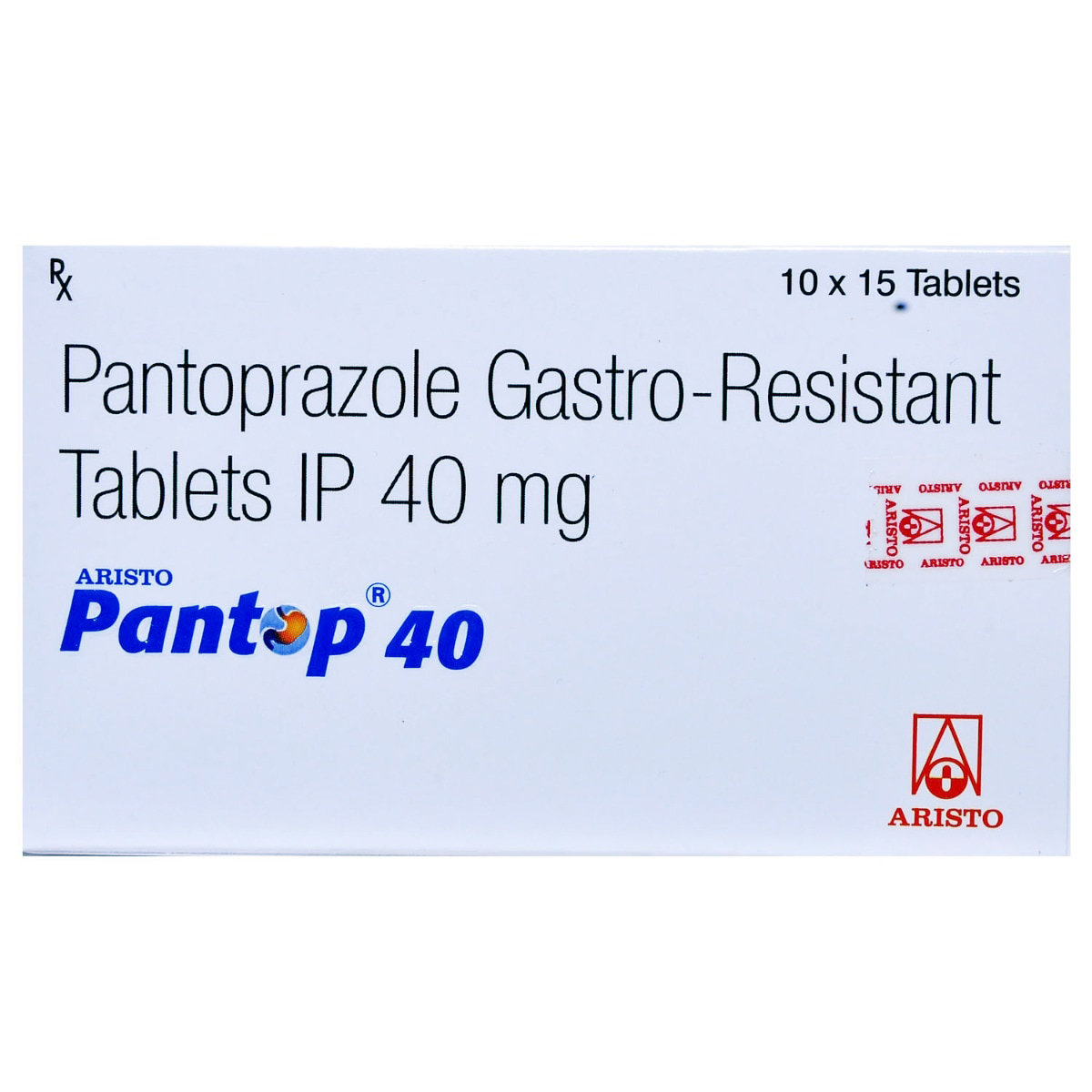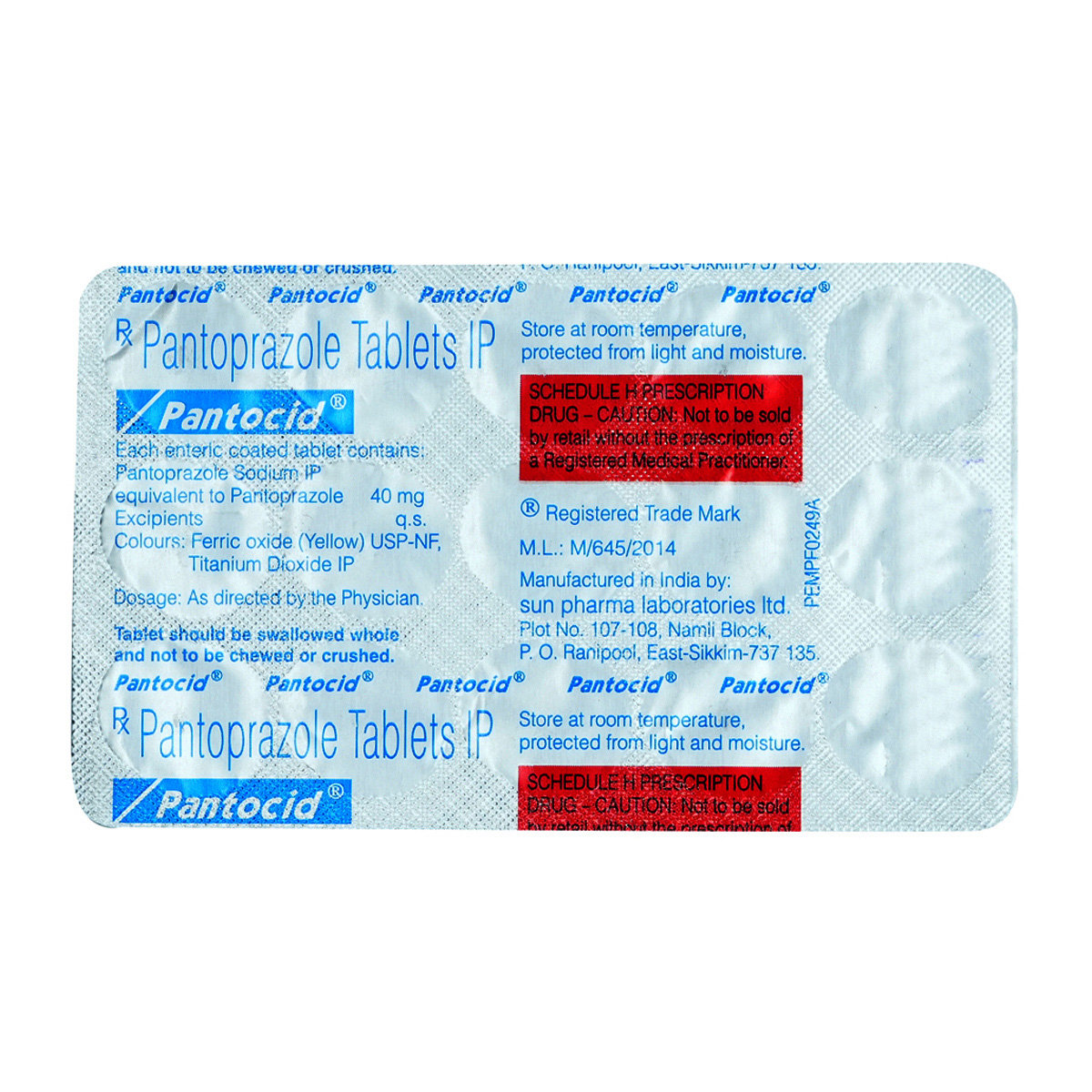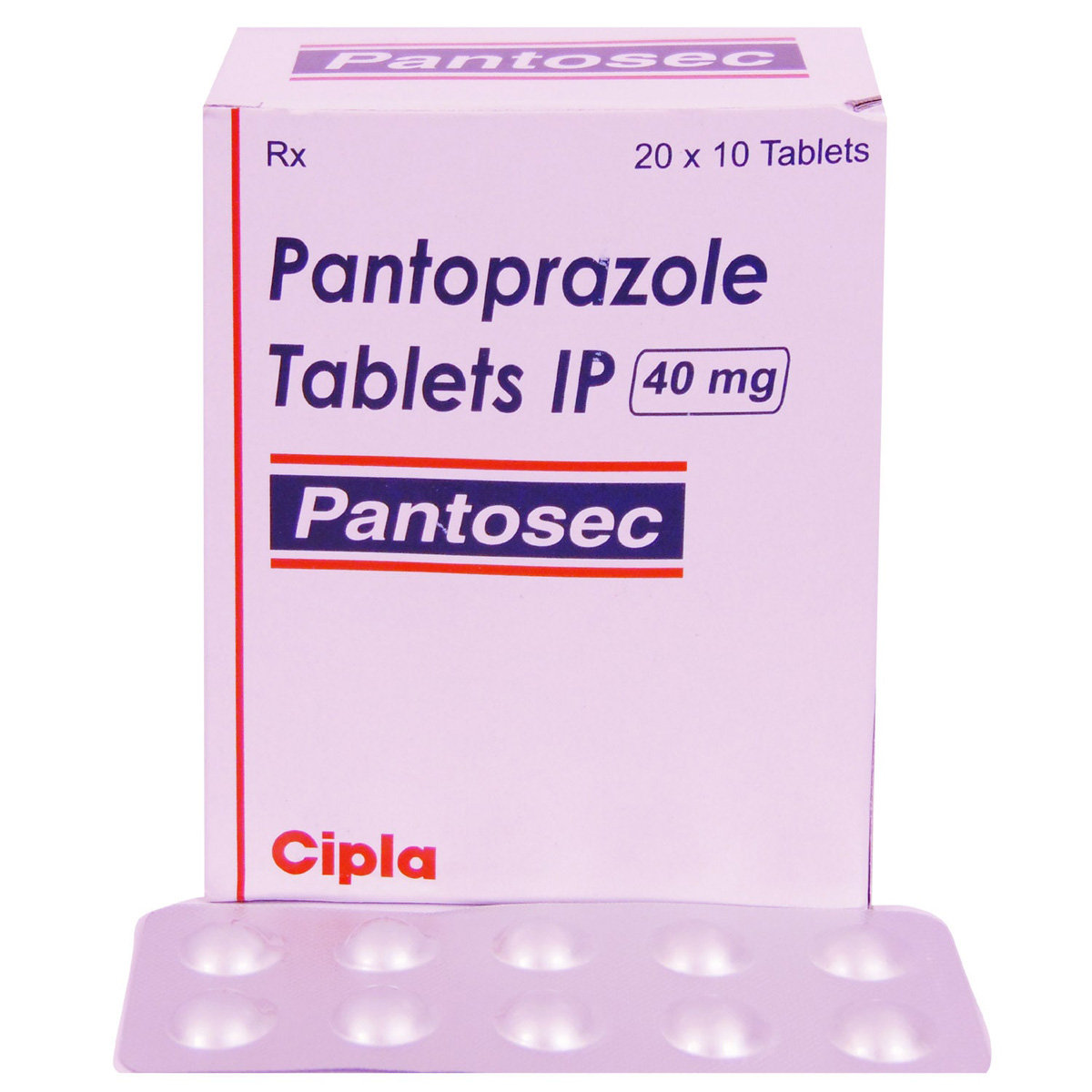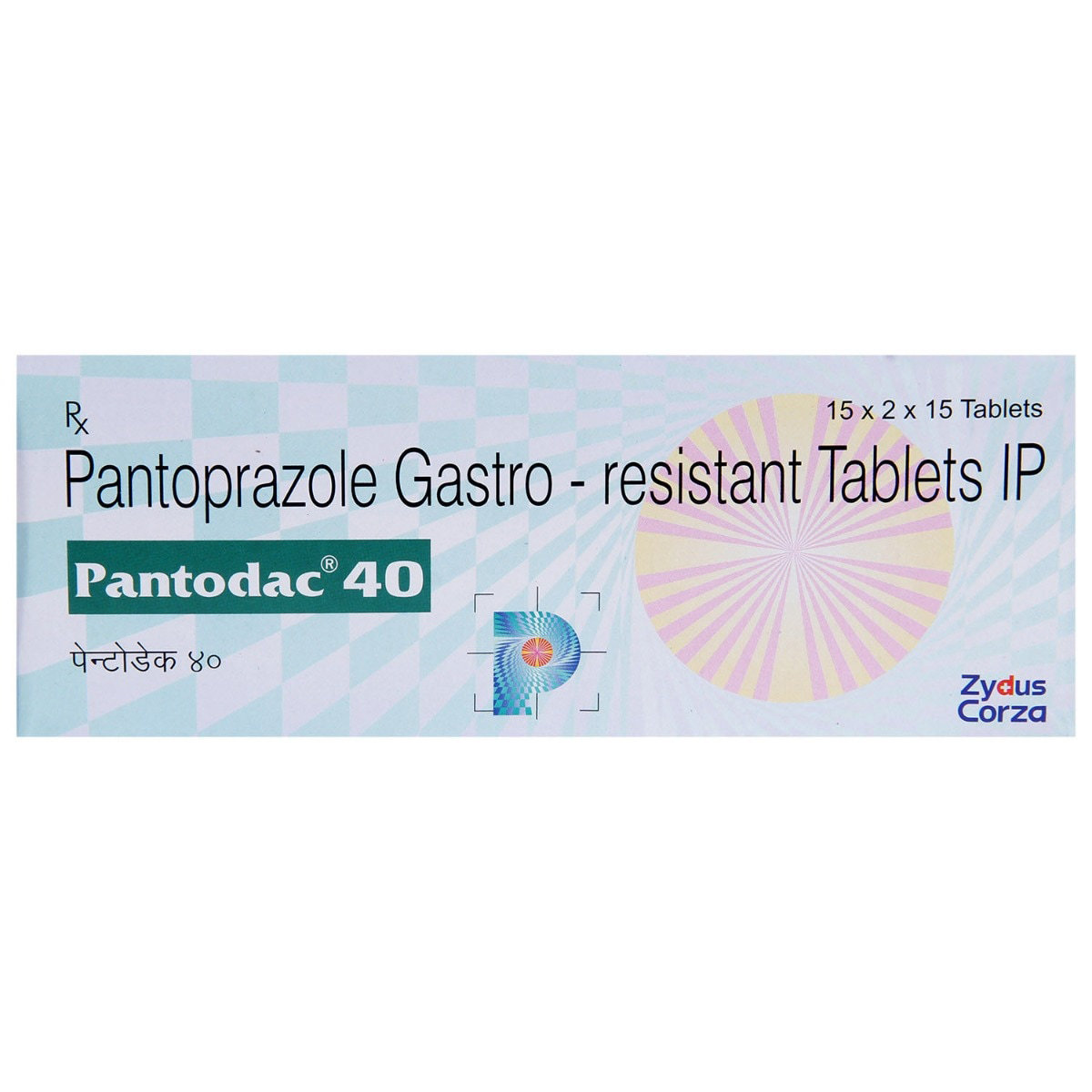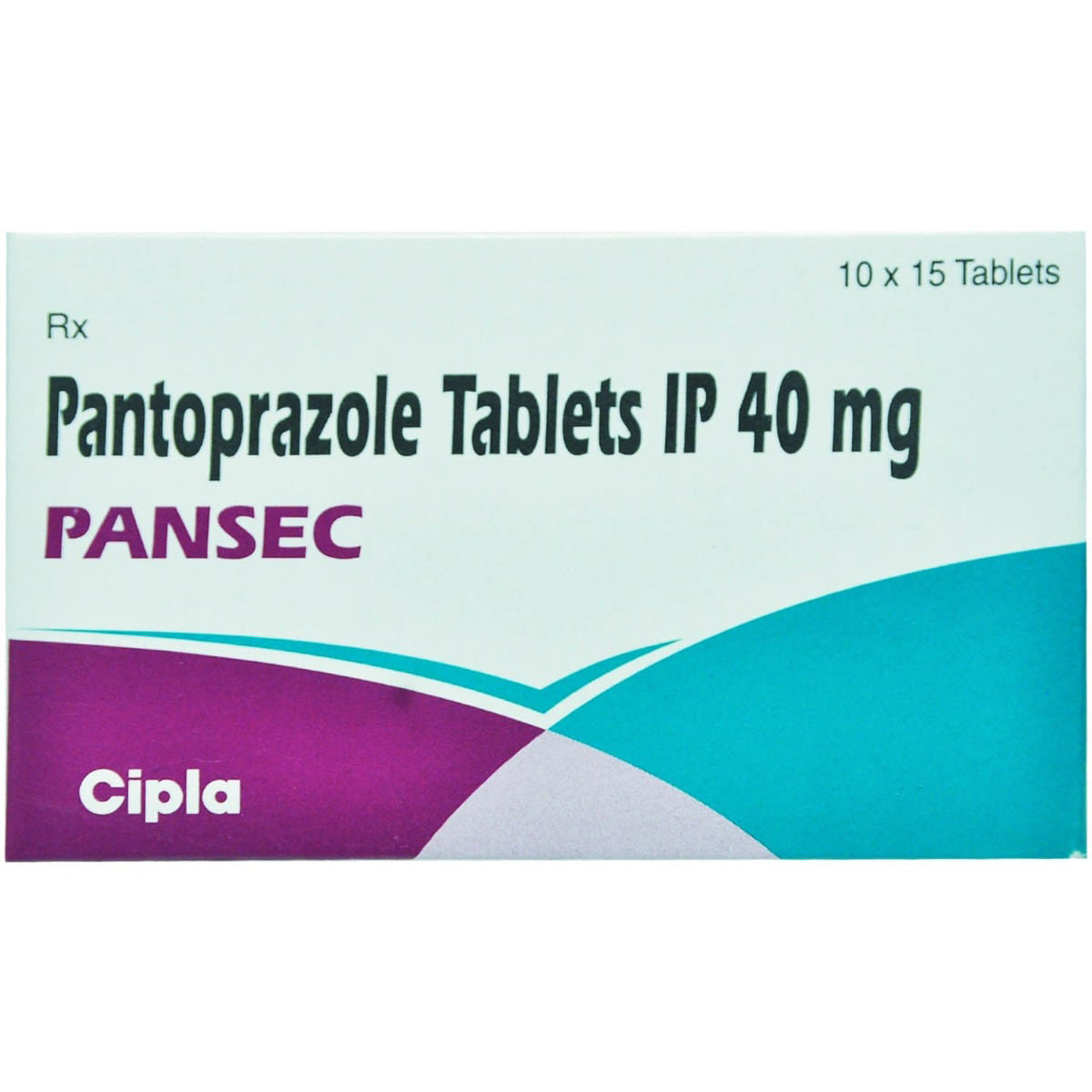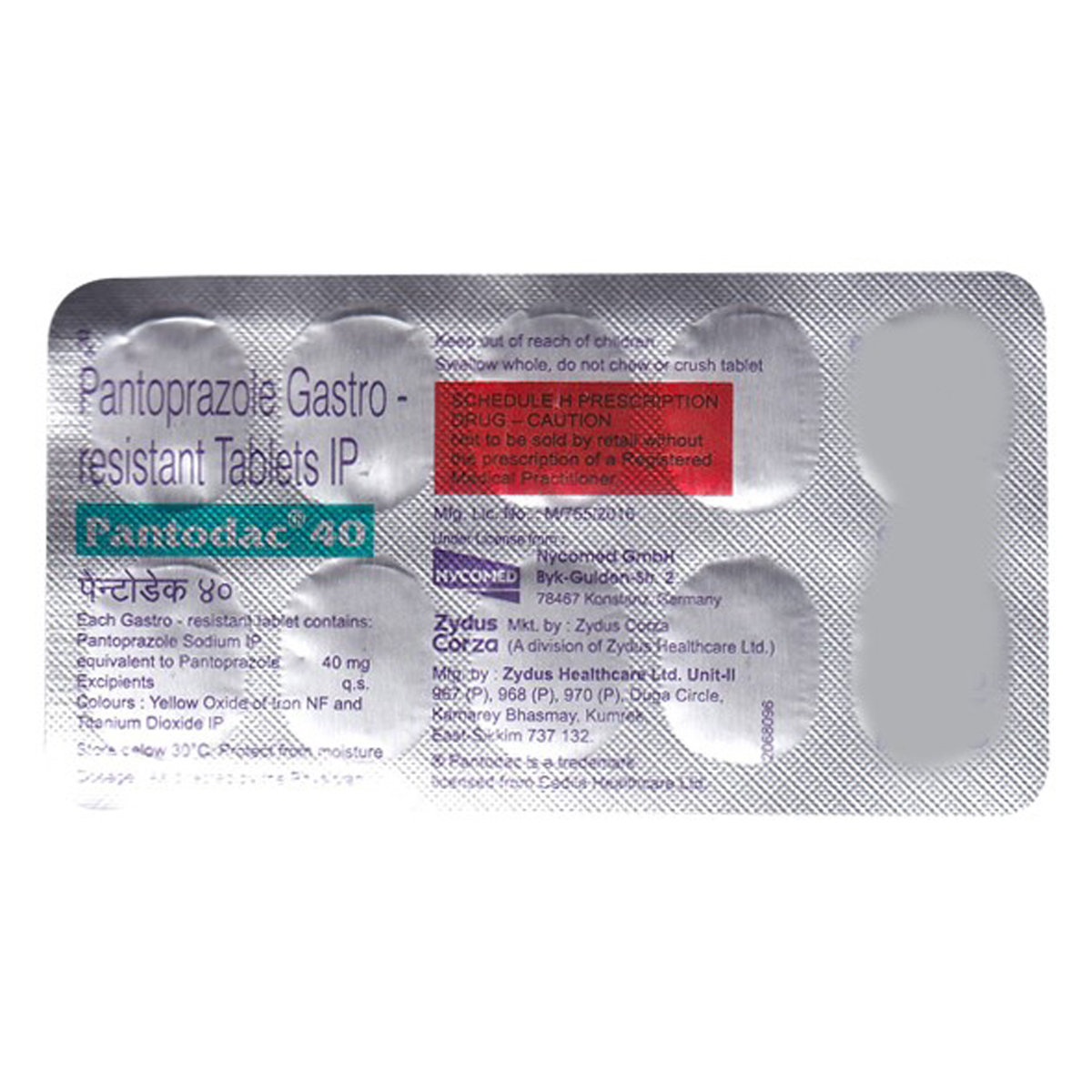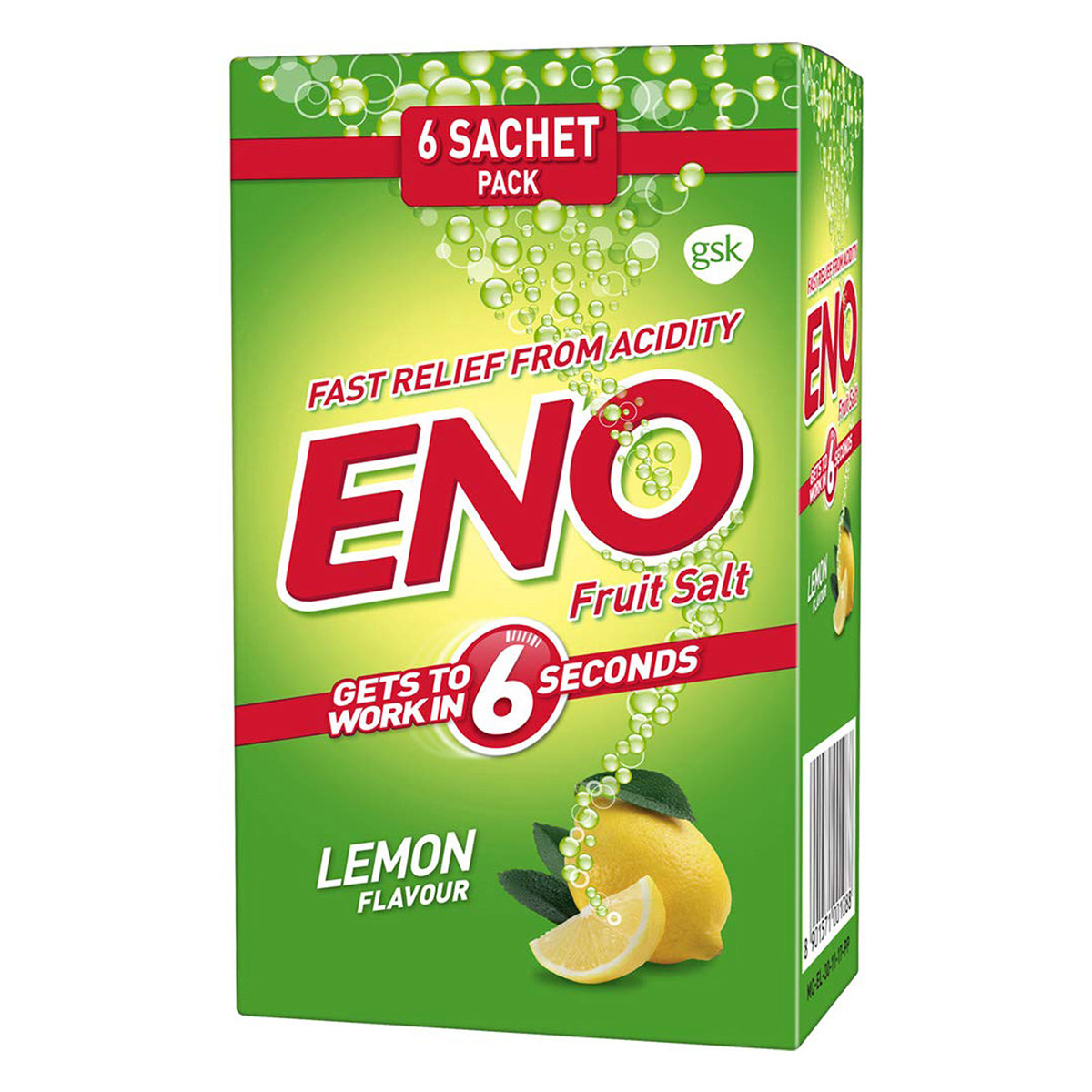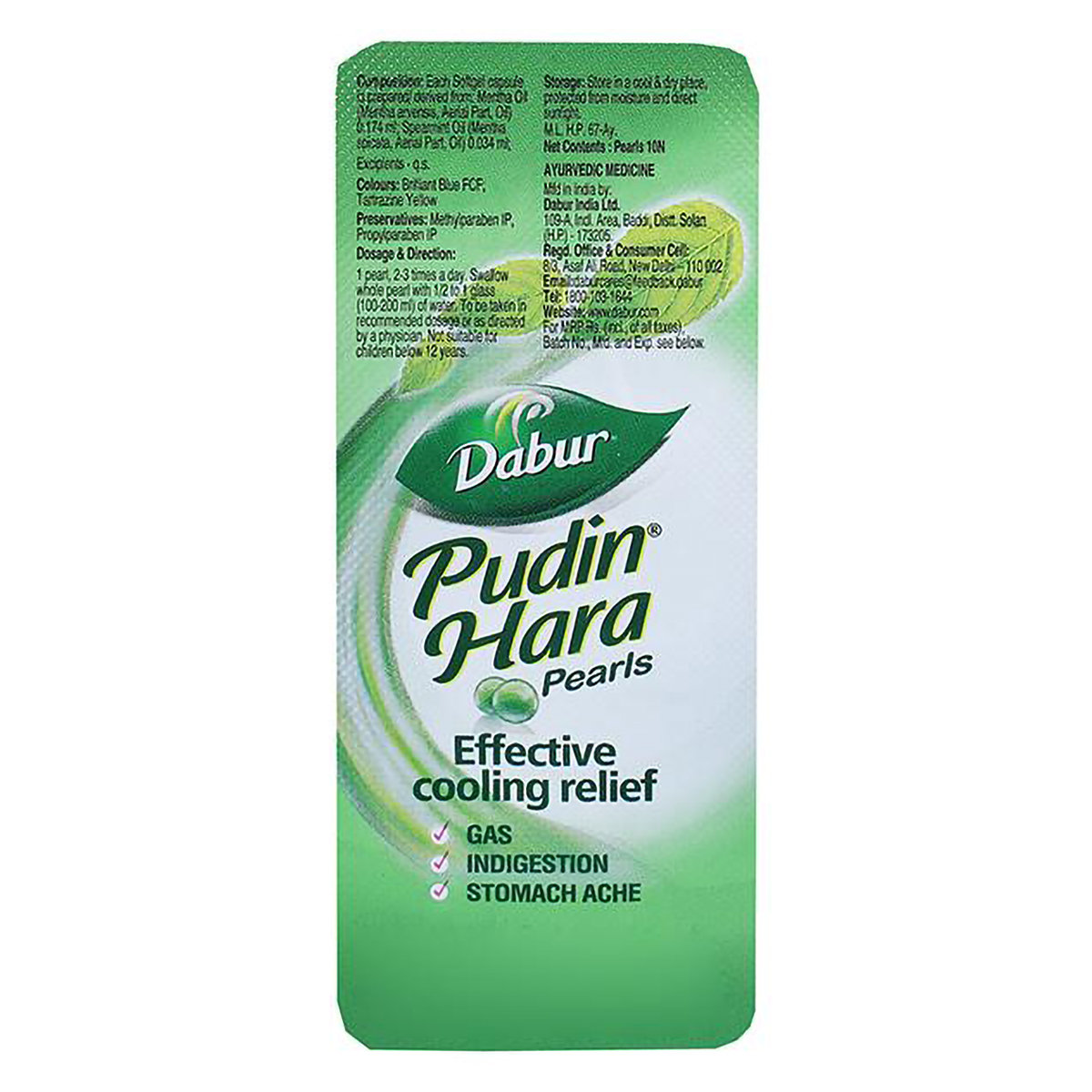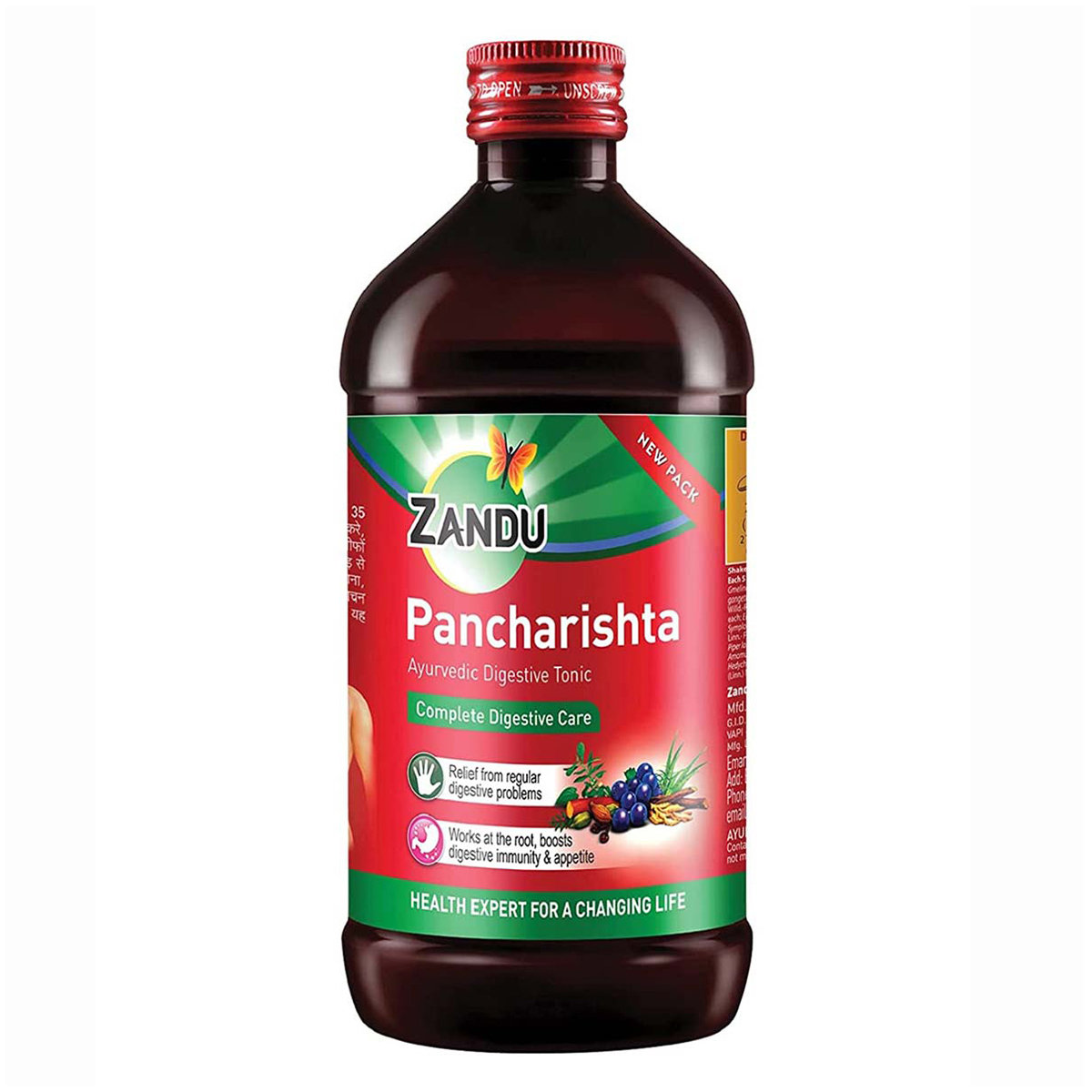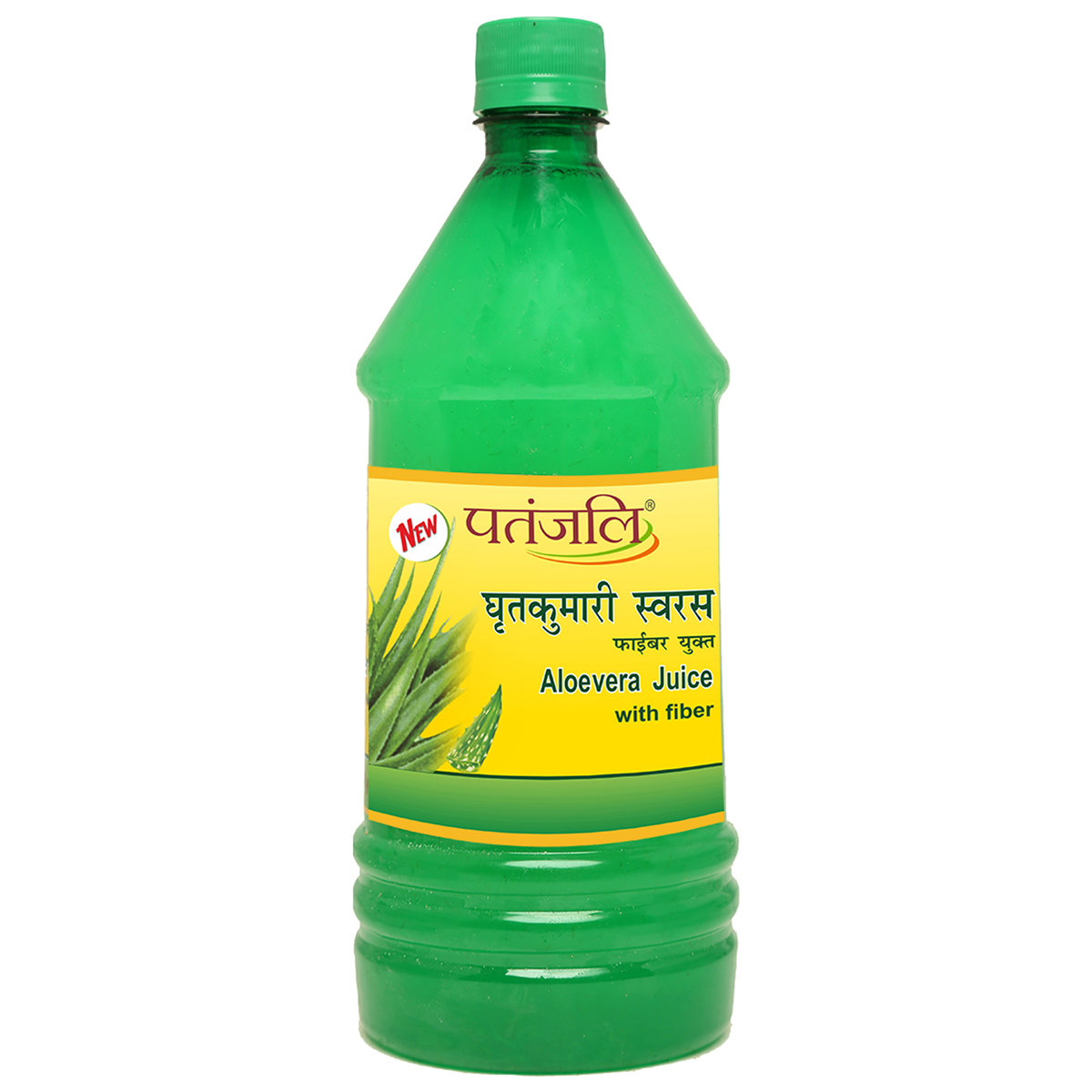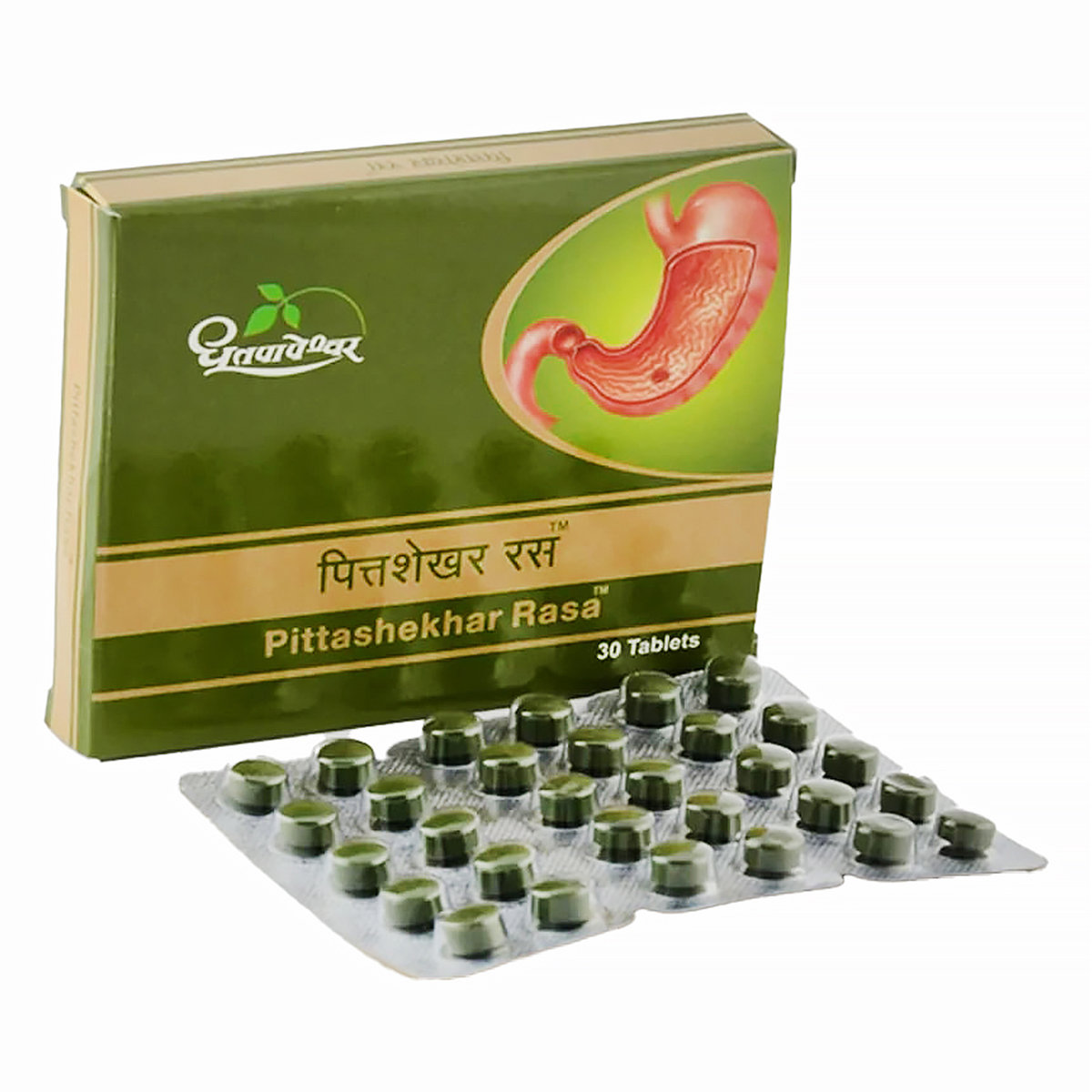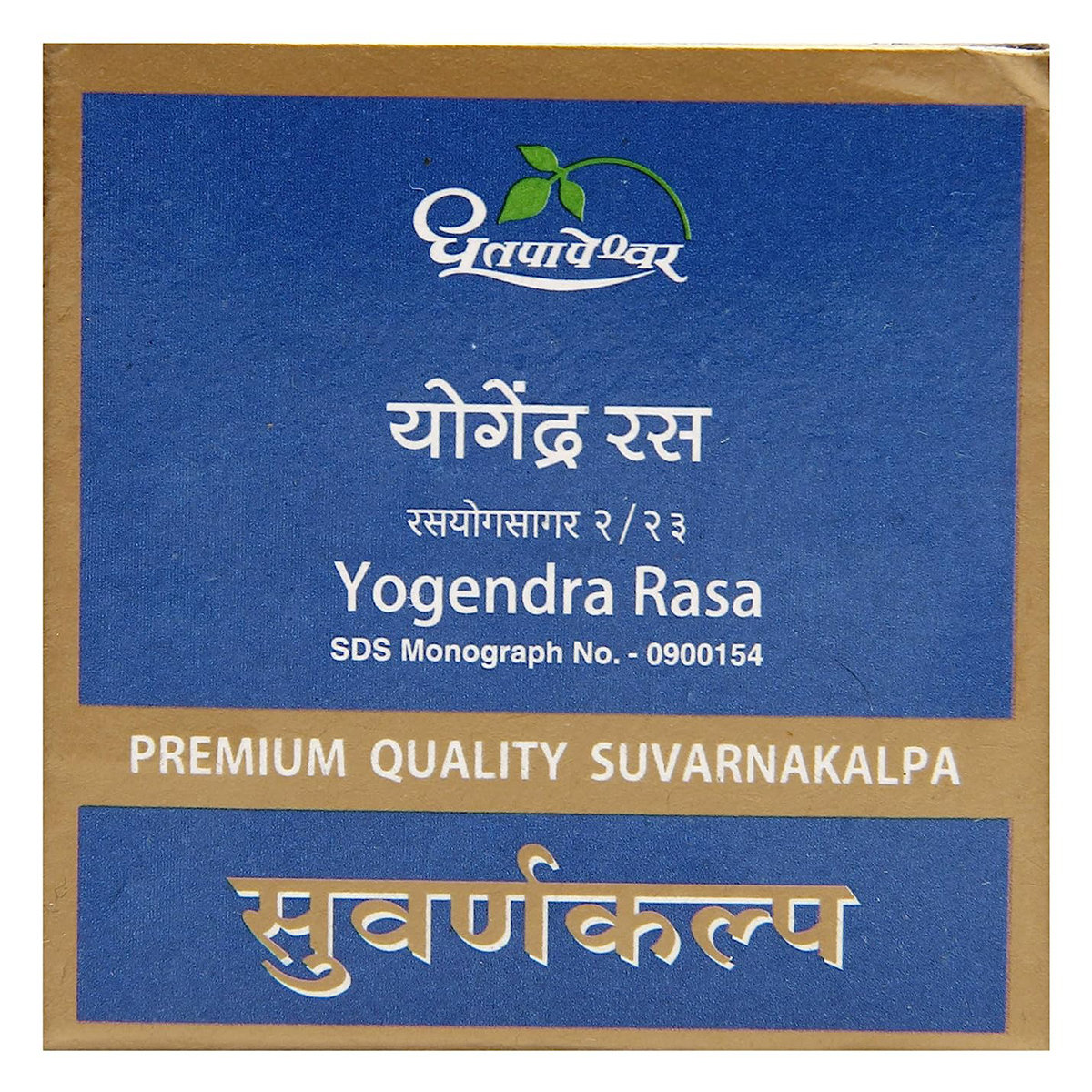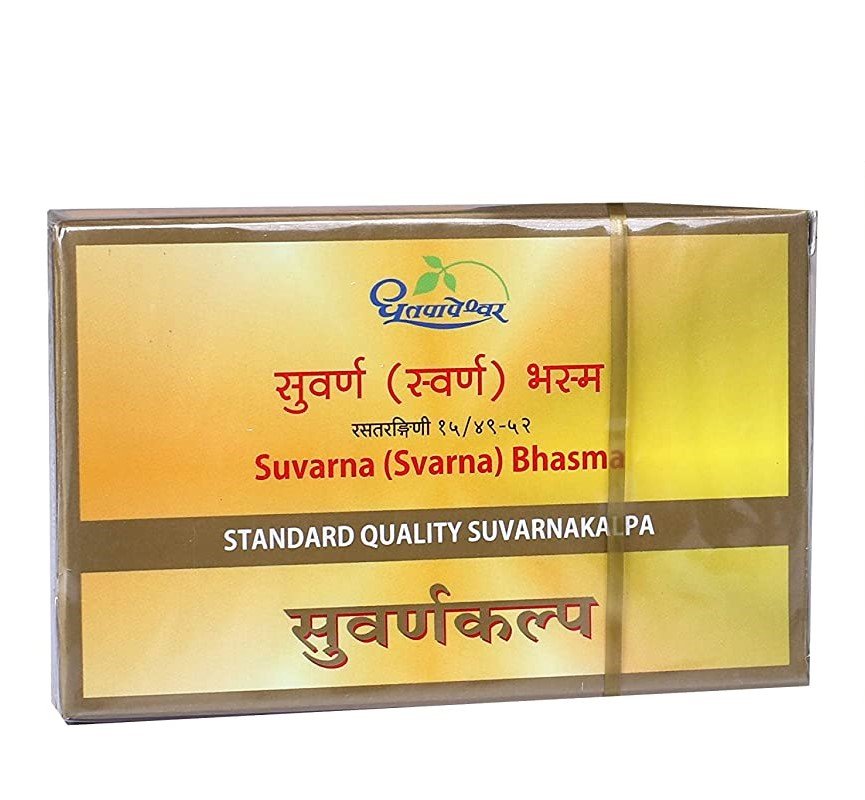Jopan Tablet


MRP ₹60.5
(Inclusive of all Taxes)
₹9.1 Cashback (15%)
know your delivery time
Provide Delivery Location
Composition :
Manufacturer/Marketer :
Consume Type :
Expires on or after :
Return Policy :

Secure Payment

Trusted by 8 Crore Indians

Genuine Products
Therapeutic Class
Country of origin
Manufacturer/Marketer address
Author Details
We provide you with authentic, trustworthy and relevant information
Disclaimer
Alcohol
Safe if prescribed
Drinking alcohol with Jopan Tablet may cause dehydration and elevate the level of stomach acid thereby decreasing its efficiency. So try to avoid, limit alcohol or contact doctor before intake of Jopan Tablet .
Pregnancy
Consult your doctor
It is not known whether Jopan Tablet affects the baby or not. So, contact a doctor before intake of Jopan Tablet . Your doctor will weigh the benefits and potential risks before prescribing it.
Breast Feeding
Consult your doctor
Jopan Tablet passes into the breast milk. However, no evidence of risk has been reported. Please consult your doctor before intake of Jopan Tablet . Your doctor will weigh the benefits and potential risks before prescribing it.
Driving
Safe if prescribed
In some cases, Jopan Tablet may cause dizziness, sleepiness, or blur vision. If you observe these symptoms, do not drive or operate heavy machinery until you feel better.
Liver
Consult your doctor
Jopan Tablet should be taken with caution if you have liver problems.
Kidney
Consult your doctor
Patients with kidney disease should consult a doctor before taking Jopan Tablet .
Children
Safe if prescribed
Jopan Tablet is not be prescribed for children under 5 years of age. It is generally prescribed from 5-16 years of children for the treatment of gastroesophageal reflux disease (GERD).
Product Substitutes
About Jopan Tablet
Jopan Tablet belongs to the class of drugs known as Proton pump inhibitor, which reduces the amount of acid your stomach makes. It treats gastroesophageal reflux disease (GERD), stomach ulcer, Zollinger Ellison syndrome (overproduction of acid due to pancreatic tumour), duodenal ulcer, gastric ulcer and Crohn’s Disease-associated Ulcers.
Jopan Tablet helps in reducing stomach acid by blocking the actions of an enzyme (H+/K+ ATPase or gastric proton pump). This proton pump lies in the cells of the stomach wall and is responsible for the release of gastric acid secretion, damaging tissues in the food pipe, stomach and duodenum. Jopan Tablet prevents the release of stomach acid and relieves symptoms of food pipe lining inflammation (esophagitis), gastroesophageal reflux disease (GERD), or heartburn.
Jopan Tablet may have common side effects like headache, diarrhoea, nausea, abdominal pain, vomiting, flatulence, dizziness, and arthralgia (joint pain). These side effects are temporary and may be resolved after some time. However, if these side effects persist, please contact the doctor.
Jopan Tablet is safe for pregnant and breastfeeding mothers but should be taken only after consulting a doctor. Tell your doctor if you have stomach or intestinal cancer, liver problems, are allergic to Jopan Tablet or will have an endoscopy in the future. Prolonged intake of Jopan Tablet may cause a deficiency of Vitamin B12 and low levels of calcium, magnesium and Vitamin D, leading to osteoporosis.
Uses of Jopan Tablet
Medicinal Benefits Mweb
Key Benefits
Jopan Tablet is effective at healing erosive esophagitis (inflammation of food pipe), relieving symptoms of gastroesophageal reflux disease (heartburn), Zollinger-Ellison syndrome, duodenal ulcer, gastric ulcer and Crohn’s Disease-associated Ulcers. Jopan Tablet works by irreversibly blocking the proton pump gate (which secretes stomach acid). It can be prescribed to all age groups, including special populations like the elderly, pregnant, lactating mothers, and kidney and liver disease patients.
Directions for Use
Side Effects of Jopan Tablet
- Headache
- Diarrhoea
- Nausea
- Abdominal pain
- Vomiting
- Flatulence
- Dizziness
- Arthralgia (joint pain)
Drug Warnings
You should avoid taking Jopan Tablet if you are allergic to Jopan Tablet or proton pump inhibitors, have gastric cancer, liver disease, low magnesium level (osteoporosis), low vitamin B12, pregnant or planning for pregnancy and breastfeeding mothers. Jopan Tablet may interact with a blood thinner (warfarin), antifungal (ketoconazole), anti-HIV drug (atazanavir, nelfinavir), iron supplements, ampicillin antibiotic, anti-cancer drug (methotrexate). Let your doctor know if you are taking these medicines. Prolonged intake of Jopan Tablet may cause lupus erythematosus (an inflammatory condition in which the immune system attacks its own tissues), Vitamin B12, and magnesium deficiency. Intake of Jopan Tablet may mask the symptoms of gastric cancer, so if you have any severe stomach pain or gastric bleeding (blood in mucous or stool), immediately consult the doctor.
Drug-Drug Interactions
Drug-Drug Interactions
Login/Sign Up
Co-administration of Rilpivirine is taken with Jopan Tablet, can decrease the absorption and blood levels of Rilpivirine and make the medication less effective.
How to manage the interaction:
Taking Jopan Tablet with Rilpivirine can lead to an interaction, please consult a doctor before taking it. Do not stop using any medications without talking to a doctor.
Taking Gefitinib with Jopan Tablet reduces the acidity level in the stomach and may interfere with the absorption of Gefitinib and reduce its effectiveness.
How to manage the interaction:
Taking Jopan Tablet with Gefitinib together can possibly result in an interaction, it can be taken if your doctor has advised it. You are recommended to take gefitinib 12 hours before or 12 hours after Jopan Tablet to help minimize the impact of the interaction. Do not discontinue the medication without consulting a doctor.
Taking Jopan Tablet with Pazopanib may reduce the effectiveness of pazopanib.
How to manage the interaction:
If you are supposed to take Jopan Tablet and Pazopanib together, but can be taken together if prescribed by a doctor. However, if you experience any unusual symptoms contact your doctor immediately. Do not stop using any medications without first talking to your doctor.
Taking Nelfinavir with Jopan Tablet may decrease the absorption and blood levels of Nelfinavir and reduce its effectiveness.
How to manage the interaction:
Taking Jopan Tablet with Nelfinavir together can possibly result in an interaction, but it can be taken if a doctor has advised it. A doctor can recommend other options that won't cause any problems when taken together. Do not stop using any medications without a doctor's advice.
Taking Erlotinib with Jopan Tablet may interfere with the absorption of Erlotinib into the bloodstream, and reduce its effectiveness.
How to manage the interaction:
Taking Jopan Tablet with Erlotinib together can possibly result in an interaction, but it can be taken if a doctor has advised it. A doctor can recommend other options that won't cause any problems when taken together. Do not stop using any medications without a doctor's advice.
Taking Dasatinib with Jopan Tablet may decrease the blood levels of Dasatinib and reduce its effectiveness.
How to manage the interaction:
Taking Jopan Tablet with Dasatinib together can result in an interaction, but it can be taken if a doctor has advised it. In case of any unusual side effects, contact a doctor. Do not stop using any medications without a doctor's advice.
Taking Jopan Tablet can make Dacomitinib less effective by reducing its absorption in the body.
How to manage the interaction:
Taking Jopan Tablet with Dacomitinib together can possibly result in an interaction, but it can be taken if a doctor has advised it. A doctor can recommend other options that won't cause any problems when taken together. Do not stop using any medications without a doctor's advice.
Co-administration of Methotrexate with Jopan Tablet can increase the levels and side effects of Methotrexate.
How to manage the interaction:
Although there is a possible interaction between Jopan Tablet and methotrexate, you can take these medicines together if prescribed by a doctor. However, if you experience any symptoms such as nausea, vomiting, loss of appetite, increased or decreased urination, sudden weight gain or weight loss, fluid retention, swelling, shortness of breath, tiredness, weakness, or dizziness, consult a doctor. Do not stop using any medications without consulting a doctor.
Co-administration of Jopan Tablet reduces stomach acid, decreases the absorption and blood levels of Atazanavir, and reduces its effectiveness.
How to manage the interaction:
Taking Jopan Tablet with Atazanavir together can possibly result in an interaction, but it can be taken if a doctor has advised it. A doctor can recommend other options that won't cause any problems when taken together. Do not stop using any medications without a doctor's advice.
Drug-Food Interactions
Drug-Food Interactions
Login/Sign Up
Drug-Diseases Interactions
Drug-Diseases Interactions
Login/Sign Up
Use of proton pump inhibitors, particularly in hospitalised patients, may increase the incidence of Clostridium difficile-associated diarrhoea. Monitor closely. Prefer lower dose of PPI for short duration.
How to manage the interaction:
The doctor may recommend the lowest dose and shortest duration of Jopan Tablet in hospitalized patients. Close monitoring is recommended in patients with diarrhoea and in those taking antibacterial agents.
Drug-Drug Interactions Checker List
- CLOPIDOGREL
- WARFARIN
- KETOCONAZOLE
- VORICONAZOLE
- ITRACONAZOLE
- POSACONAZOLE
- ATAZANAVIR
- NELFINAVIR
- AMPICILLIN
- RIFAMPICIN
- DIGOXIN
- METHOTREXATE
Habit Forming
Special Advise
- Individuals at risk for osteoporosis-related fractures should receive an adequate intake of calcium and vitamin D.
- Regular monitoring of vitamin B-12 is necessary, as it rarely causes vitamin B-12 deficiency. The risk is increased if they are taken every day for a long time.
- Jopan Tablet may interfere with certain laboratory tests (including urine tests for a tetrahydrocannabinol-THC blood test to find certain tumors), possibly causing false test results. Make sure laboratory personnel and all your doctors know you are using Jopan Tablet .
Diet & Lifestyle Advise
- Avoid intake of acid or heartburn-triggering foods or drinks like onions, peppermint, chocolate, caffeinated beverages, citrus fruits or juices, tomatoes and high-fat and spicy foods.
- Before going to sleep, raise your bedhead so that your head and chest are higher than your feet. Do not use piles of pillows; one raised block is fine. This will not allow the stomach acid to backflow through your food pipe.
- Avoid taking alcohol and smoking cigarettes. Alcohol can raise the level of production of stomach acid, leading to heartburn and acid reflux. On the other hand, nicotine smoking damages the valve (sphincter), preventing the backflow of the stomach acid into the food pipe.
- Include high fibre-containing foods, berries, cherries, leafy green veggies (kale, spinach) and black peppers in your meal. These foods are full of antioxidants, calcium and vitamin B12 that can help cope with the long-term effects of the medicine. Fermented dairy products like miso, sauerkraut, and kimchi contain probiotics which help in the prevention of excess stomach acid production. Cranberry juice can be beneficial for peptic ulcers and H. Pyroli infection.
- Avoid regular sitting continuously, as it can increase stomach acid production. Try to take a break of 5 minutes in 1 hour by brisk walking or stretching.
All Substitutes & Brand Comparisons
RX
Topp-40 Tablet 10's
Systopic Laboratories Pvt Ltd
₹28
(₹2.52 per unit)
53% CHEAPERRX
Pantakind Tablet 15's
Mankind Pharma Pvt Ltd
₹79
(₹4.75 per unit)
12% CHEAPERRX
Nupenta 40 Tablet 15's
Macleods Pharmaceuticals Ltd
₹85
(₹5.1 per unit)
6% CHEAPER

Have a query?
Buy best Gastro Enterology products by
Abbott India Ltd
Sun Pharmaceutical Industries Ltd
Alkem Laboratories Ltd
Cipla Ltd
Torrent Pharmaceuticals Ltd
Intas Pharmaceuticals Ltd
Mankind Pharma Pvt Ltd
Lupin Ltd
Dr Reddy's Laboratories Ltd
Aristo Pharmaceuticals Pvt Ltd
Alembic Pharmaceuticals Ltd
Wallace Pharmaceuticals Pvt Ltd
La Renon Healthcare Pvt Ltd
Leeford Healthcare Ltd
Macleods Pharmaceuticals Ltd
J B Chemicals & Pharmaceuticals Ltd
Zydus Healthcare Ltd
Micro Labs Ltd
Zydus Cadila
Fourrts India Laboratories Pvt Ltd
Morepen Laboratories Ltd
Zuventus Healthcare Ltd
FDC Ltd
Eris Life Sciences Ltd
Cadila Pharmaceuticals Ltd
Medishri Healthcare Pvt Ltd
Alniche Life Sciences Pvt Ltd
Medley Pharmaceuticals Ltd
Tas Med India Pvt Ltd
Signova Pharma
Tablets India Ltd
Elder Pharmaceuticals Ltd
Wockhardt Ltd
Emcure Pharmaceuticals Ltd
Sanatra Healthcare Ltd
Glenmark Pharmaceuticals Ltd
Blue Cross Laboratories Pvt Ltd
East West Pharma India Pvt Ltd
Hetero Drugs Ltd
Indoco Remedies Ltd
Vasu Organics Pvt Ltd
Biological E Ltd
Primus Remedies Pvt Ltd
Akumentis Healthcare Ltd
Corona Remedies Pvt Ltd
Pfizer Ltd
Albert David Ltd
DR Johns Lab Pharma Pvt Ltd
Ajanta Pharma Ltd
Cadila Healthcare Ltd
Ipca Laboratories Ltd
Ordain Health Care Global Pvt Ltd
Systopic Laboratories Pvt Ltd
Ozone Pharmaceuticals Ltd
Foregen Healthcare Ltd
Medgen Drugs And Laboratories Pvt Ltd
Panacea Biotec Ltd
Samarth Life Sciences Pvt Ltd
Shine Pharmaceuticals Ltd
Adonis Laboratories Pvt Ltd
Dey's Medical Stores (Mfg) Ltd
Eskag Pharma Pvt Ltd
Hetero Healthcare Pvt Ltd
Indchemie Health Specialities Pvt Ltd
Meyer Organics Pvt Ltd
RPG Life Sciences Ltd
Troikaa Pharmaceuticals Ltd
Biochem Pharmaceutical Industries Ltd
Shreya Life Sciences Pvt Ltd
Sinsan Pharmaceuticals Pvt Ltd
3M India Ltd
Chemo Healthcare Pvt Ltd
Levin Life Sciences Pvt Ltd
Meridian Enterprises Pvt Ltd
Overseas Health Care Pvt Ltd
Saf Fermion Ltd
Sanzyme Pvt Ltd
Steris Healthcare
USV Pvt Ltd
Seagull Pharmaceutical Pvt Ltd
Votary Laboratories (India) Ltd
Win Medicare Ltd
Yuventis Pharmaceuticals
Aar Ess Remedies Pvt Ltd
Caplet India Pvt Ltd
Piramal Enterprises Ltd
Sanofi India Ltd
Cnx Health Care Pvt Ltd
Galpha Laboratories Ltd
Intra Labs India Pvt Ltd
Kinesis Pharmaceuticals Pvt Ltd
Msn Laboratories Pvt Ltd
Olcare Laboratories Pvt Ltd
Rapross Pharmaceuticals Pvt Ltd
Ronyd Healthcare Pvt Ltd
Saffron Therapeutics Pvt Ltd
Solariz Healthcare Pvt Ltd
Syndicate Life Sciences Pvt Ltd
Aurz Pharmaceutical Pvt Ltd
Biophar Lifesciences Pvt Ltd
Customers Also Bought



